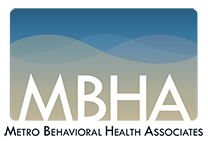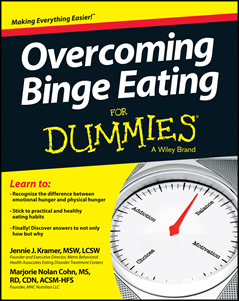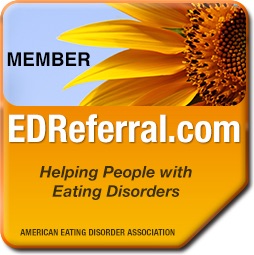The Hidden Struggle: Athletes and Eating Disorders
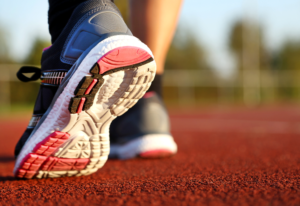 As the world turned its gaze to the grandeur and excitement of the Olympics, we celebrated the incredible feats of strength, resilience, and perseverance displayed by athletes from around the globe. Participating in athletics offers numerous benefits, such as building self-esteem and fostering a sense of accomplishment. However, beneath the surface of these triumphant stories lies a hidden struggle that many athletes face: the risk of developing eating disorders or disordered eating patterns.
As the world turned its gaze to the grandeur and excitement of the Olympics, we celebrated the incredible feats of strength, resilience, and perseverance displayed by athletes from around the globe. Participating in athletics offers numerous benefits, such as building self-esteem and fostering a sense of accomplishment. However, beneath the surface of these triumphant stories lies a hidden struggle that many athletes face: the risk of developing eating disorders or disordered eating patterns.
The Pressure to Perform
While athletes strive to reach their highest potential, they face unique challenges that can increase their risk of developing eating disorders. The intense pressure to excel, maintain peak performance, and meet expectations can lead to unhealthy relationships with food and body image. This pressure is further intensified by societal emphasis on thinness and the unrealistic body standards often portrayed in the media and culture.
Understanding the Risk Factors
Several factors contribute to the heightened risk of eating disorders among athletes:
- Performance Pressure: The drive to excel and the fear of failure can lead athletes to adopt extreme dietary restrictions or over-exercise to enhance their performance.
- Body Image Concerns: Athletes, particularly those in sports with weight categories (such as gymnastics, figure skating, wrestling, and horse racing), often face intense scrutiny over their body shape and size. This can lead to body dissatisfaction and unhealthy weight control practices.
- Cultural Expectations: The societal glorification of thinness and the portrayal of lean bodies as the ideal can intensify the desire to conform to these standards. For athletes, this cultural pressure is amplified by the competitive nature of sports.
- Coaching and Peer Influence: Coaches, teammates, and parents may unintentionally increase an athlete’s risk by placing too much emphasis on weight control, appearance, or performance outcomes, rather than prioritizing overall well-being.
Recognizing the Signs
It is important for coaches, parents, and peers to be mindful of the subtle signs that an athlete may be struggling with disordered eating or an unhealthy relationship with food and body image. By noticing these signs early, we can offer the support and care they need to navigate these challenges.
- Preoccupation with food and body weight: Frequently discussing, monitoring, or expressing concern about food intake and body size.
- Changing in eating habits: Skipping meals, selectively avoiding certain food groups, or adhering to restrictive diets.
- Excessive exercise: Exercising beyond training requirements, especially if injured or unwell.
- Mood changes: Increased irritability, noticeable shifts in energy levels, persistent feelings of sadness, or frequent mood swings.
Promoting a Healthy Balance
Creating an environment that nurtures both physical and mental well-being can play a crucial role in preventing and addressing disordered eating among athletes. It involves fostering a space where athletes feel supported, respected, and empowered to prioritize their overall health. The following strategies offer guidance on how to promote a balanced and sustainable approach to well-being:
Comprehensive Nutritional Education: Ensure athletes understand the specific nutritional requirements of their sport and the importance of adequate fueling.
Promote Intuitive Eating: Encourage athletes to listen to their body’s natural hunger and fullness signals instead of adhering strictly to external dietary guidelines or trends.
Support Systems: Encourage open communication between athletes, coaches, and nutritional and mental health professionals. Ensure athletes have access to resources and support for their mental health needs.
Positive Reinforcement: Focus on the athlete’s effort, skill development, and personal growth rather than just outcomes and physical appearance.
Holistic Training: Implement training programs that emphasize overall health, including adequate rest, recovery, and stress management techniques.
Role Models: Highlight stories of athletes who have successfully navigated their struggles with eating disorders and found a healthy balance in their athletic careers.
Encourage Diverse Interests: Help athletes build a sense of identity and self-worth that extends beyond their athletic achievements.
Seeking Help
In celebrating the remarkable achievements of athletes worldwide, it’s equally important to recognize the need for nurturing both body and mind. By raising awareness and fostering a supportive environment, we can help athletes not only reach their performance goals but also sustain their overall health and well-being.
If you or someone you know is struggling with disordered eating or an eating disorder, seeking professional help is a courageous step toward healing. At Metro Behavioral Health Associates, we offer compassionate, comprehensive care tailored to each individual’s unique needs. Our dedicated team is here to help athletes and others find their balance, both on and off the field.
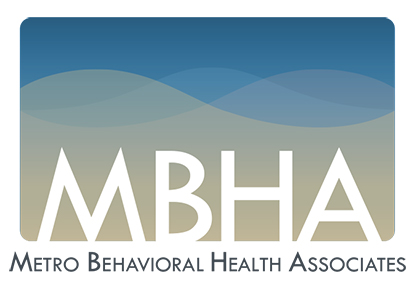
Helping You Gently Find Your Balance
Ask About Our Free Consulation
Control binge eating and get on the path to recovery. This book provides trusted information, resources, tools, and activities to help you and your loved ones understand your binge eating — and gain control over it.
Certified Eating Disorder Specialist designation by the International Academy of Eating Disorder Professionals
